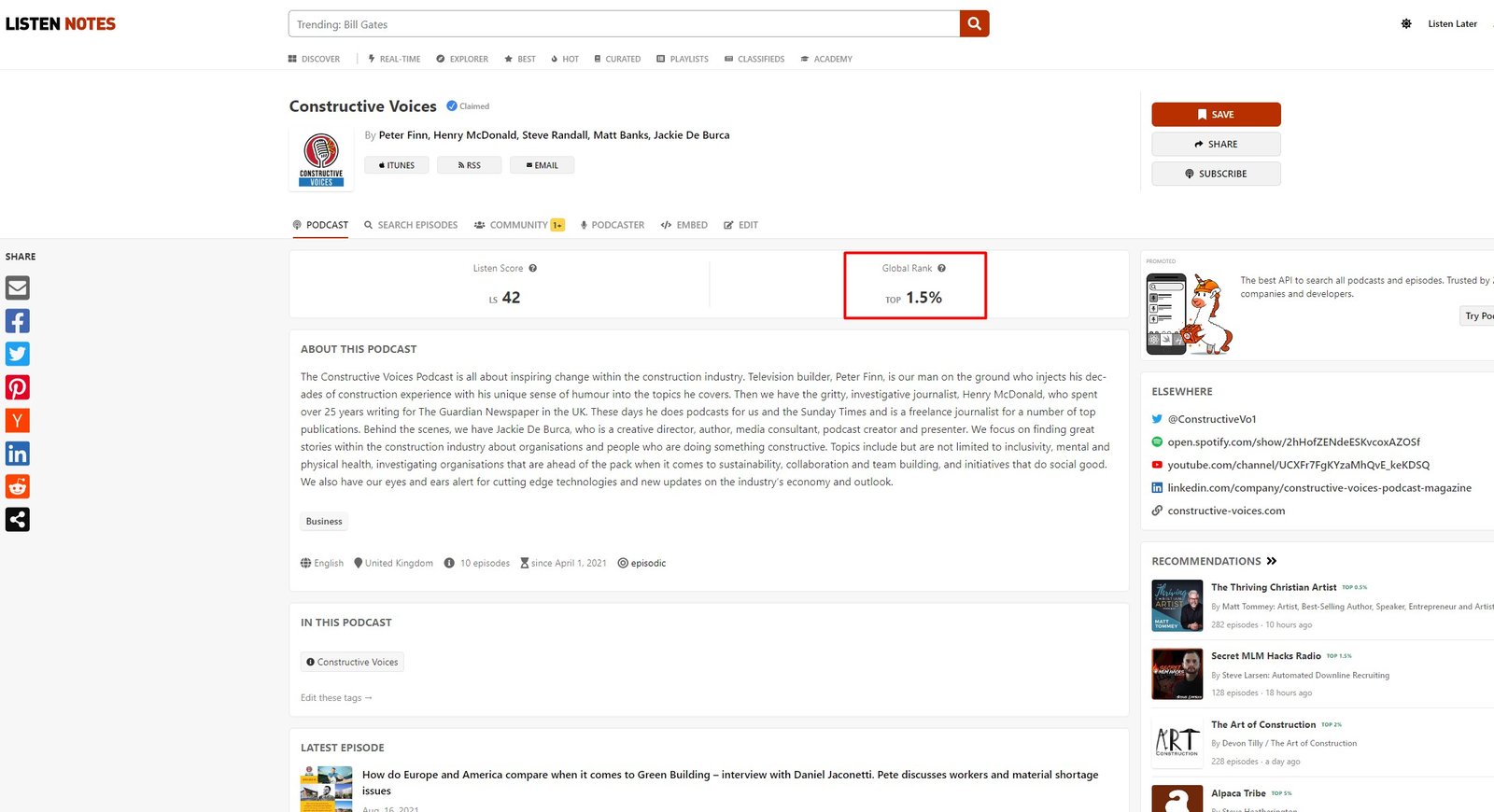Episode 34: FOOTPRINT+ Special 3 With Interviews From The Event
- Chloe C
- June 23, 2022
FOOTPRINT+ Special 3 With Interviews From The Event
We were delighted to be a media partner at FOOTPRINT+ which was a hugely successful event. We still have a number of interviews to bring you.
If you wish to catch up on the earlier specials from FOOTPRINT+, go to Special 1 and Special 2.
To kick off this third special episode, Steve Randall spoke to Josie Cadwallader-Hughes about Zero-Carbon homes
As Sustainability Director at Thakeham Group, Josie Cadwallader-Hughes is responsible for keeping Thakeham at the leading edge, building partnerships with distinguished organisations with a long history of championing change, and advising on a number of cross-industry programmes enabling zero carbon placemaking.
 Josie is the sustainability director for the Thakeham Group. She was a keynote speaker at the event. Her talk was entitled Low-cost all-electric homes. As we are heading for an all-electric, fossil fuel-free future, questions are raised about how energy costs can be managed as we try to find the sweet spot between building fabric, heat pump and heat emitter design efficiency and hot water storage space.
Josie is the sustainability director for the Thakeham Group. She was a keynote speaker at the event. Her talk was entitled Low-cost all-electric homes. As we are heading for an all-electric, fossil fuel-free future, questions are raised about how energy costs can be managed as we try to find the sweet spot between building fabric, heat pump and heat emitter design efficiency and hot water storage space.
As Sustainability Director at Thakeham Group, Josie Cadwallander-Hughes is responsible for keeping Thakeham at the leading edge by building partnerships with distinguished organisations with a long history of championing change and bringing together stakeholders from Wildlife Trusts to the Plunkett Foundation.
Josie is a finalist for the Sustainability Leader of the Year Award 2022. She advises several cross-industry programmes such as in her role as Interim Head of Zero Carbon Placemaking and Nature at the Future Homes Hub, developing the interface between industry and government to meet ambitious climate goals.
The Thakeham Group believes that climate change is one of the most significant environmental challenges of the 21st century and that we all have a responsibility to act now. Delaying action on climate change will be costly for our natural environment, humans and the economy.
They are taking a highly proactive approach in responding to the climate crisis by setting themselves challenging targets. They believe that urgent action is necessary to curb greenhouse gas emissions.
“The homes that we deliver by 2025 will be zero carbon, none of this tricky transition period”
Next up, Steve Randall spoke to Martin Hale about EV charging.
 Martin Hale is the Sales Director for RAW Charging. Electric charging is a trending topic as we move from fuel sources such as diesel and petrol to more environmentally friendly sources such as electricity. More people are demanding these EV chargers on company sites. As with most new inventions challenges exist such as location and sources of power.
Martin Hale is the Sales Director for RAW Charging. Electric charging is a trending topic as we move from fuel sources such as diesel and petrol to more environmentally friendly sources such as electricity. More people are demanding these EV chargers on company sites. As with most new inventions challenges exist such as location and sources of power.
RAW Charging are trusted advisors to property owners, tenants and agents. As a leading electric vehicle charging infrastructure supplier to many of the UK’s largest property owners and organisations, RAW Charging believes their success is due to delivering the right reliable, supported, future-ready solutions.
“The big case is the power because that is the showstopper, where is the power coming from?”
Pete the Builder spoke to Mike Harrison about concrete and their new innovative product Concretene
 Mike Harrison is the Delivery Director at U+I. He was a chairperson at the event. His talk was entitled Concretene: Graphene-enriched concrete lowering cement and carbon emissions.
Mike Harrison is the Delivery Director at U+I. He was a chairperson at the event. His talk was entitled Concretene: Graphene-enriched concrete lowering cement and carbon emissions.
Developed by the University of Manchester’s Graphene Engineering Innovation Centre, Concretene is a type of concrete that is significantly stronger. This allows designers to propose concrete mixes with lower cement content driving down the embodied carbon of one of construction’s most relied upon materials.
Encouraging people to adopt something new always has its challenges, how can we overcome these challenges?
U+I are a property developer and investor focused on regeneration. As experts in regeneration, they use their creative, entrepreneurial and master developer knowledge to create thriving mixed-use places where people can live, work and socialise.
“What it does is it gives you a lot greater strength in the concrete for the same cementitious content.”
Next up, Pete the Builder spoke to Nick Hillard about modular construction
Nick Hillard is the ESG lead at Tide Construction. He was a keynote speaker at the event. His talk was entitled MMC delivers massive carbon savings.
Following post-construction evaluation and analysis by esteemed academic researchers, there is evidence that in the examples of George Street and The Valentine developed by Tide Construction and Vision Modular Systems design by HTA Design LLP, a significant reduction in embodied carbon emissions was achieved in comparison to a traditional build.
Tide Construction Limited have an unrivalled track record in project delivery using their accredited offsite manufacturing system. The Vision Modular system was developed to address the shortcomings of traditional building practices and is one of the most highly regarded modular construction systems. The use of these innovative methods results in superior standards in quality, sustainability, regulatory compliance, health and safety.
“45% saving against the traditional reinforced concrete method of construction”
Our next guest is Paul Sullivan. Pete the Builder spoke to him about the challenges of labour shortages in the construction industry
Paul is the Divisional Commercial Director for the ISG Agility team. He delivers high-quality fit-out and refurbishment projects in London and the southeast. With over 20 years of experience in the construction industry, Paul specialises in the interior and refurbishment sectors.
Paul personally believes that a key challenge we face in achieving a Net Zero future involves labour shortages in the industry.
ISG is the world’s most dynamic construction services company, delivering robust and future-proofed places that help people and businesses thrive.
“The work needs to be done out there by 2030, we are just concerned whether there is the trades to do it. We have estimated that there is probably a shortfall of about 130,000 tradesmen.
Pete the Builder spoke to one of the event’s speakers, Stuart McLaren about low-carbon estates.
 Stuart McLaren is the Net Zero Director for Infrastructure at Atkins. He was a chairperson at the event. His talk was entitled Decarbonising your estate. All the challenges to achieving a Net-Zero carbon future are present in a mixed-asset estate.
Stuart McLaren is the Net Zero Director for Infrastructure at Atkins. He was a chairperson at the event. His talk was entitled Decarbonising your estate. All the challenges to achieving a Net-Zero carbon future are present in a mixed-asset estate.
Buildings of all ages, many of them historic with many functions, make planning and decision-making around carbon reduction complex. New builds must be balanced with refurbishment and energy provision and consumption must be rationalised.
Stuart McLaren is also the Decarbonomics Development Director for Atkins. He has experience in holding several leading roles in technical, operational and business development functions over the last 15 years.
A geologist by training, he now provides strategic leadership around creating and innovating new low carbon and sustainable solutions, products and services across a multidisciplinary engineering, procurement, and construction services global company.
Focusing on the built, digital and natural environments, Stuart brings a unique and highly effective approach to enabling the business to deliver valuable outcomes for their clients as they address the Climate Change and Net Zero agendas.
“The more we come together and see what good looks like or what bad looks like the more chance we have at succeeding at this monumental challenge”
The final interview on this third special episode is Ziad Asmar. Steve Randall spoke to him about reducing carbon emissions
 Ziad Asmar is a Senior Structural Engineer at Pinnacle Consulting Engineering Ltd. He believes that people are open to new ideas to reach the Net-Zero future goals despite a possible increase in costs. However, we will only see a real change when new regulations are set.
Ziad Asmar is a Senior Structural Engineer at Pinnacle Consulting Engineering Ltd. He believes that people are open to new ideas to reach the Net-Zero future goals despite a possible increase in costs. However, we will only see a real change when new regulations are set.
“Cost is a very big factor but once it is forced and regulated that is when we are going to see a big change”







